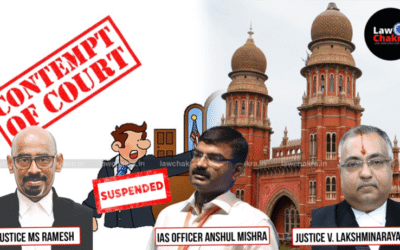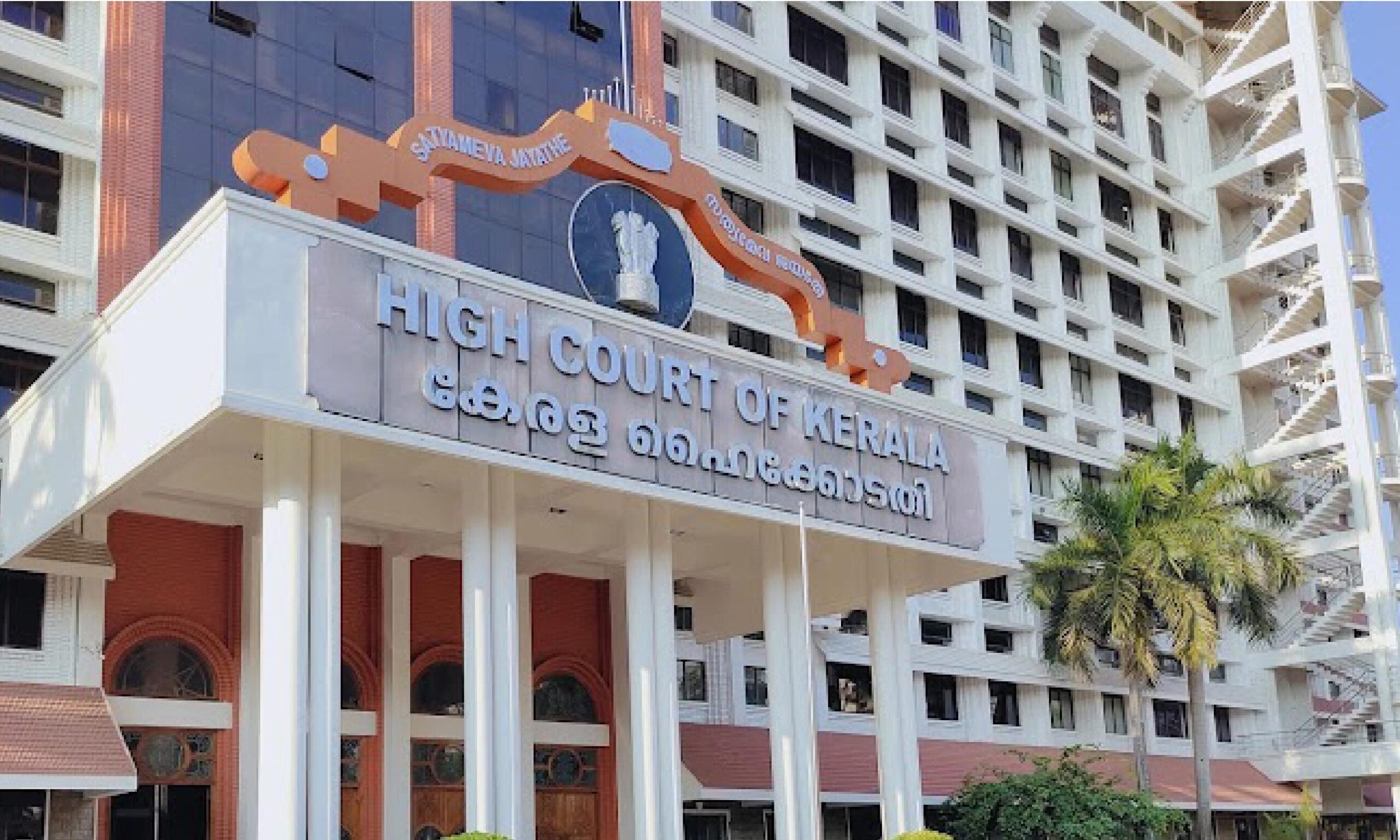Supreme Court Seeks BCI Response On PIL Challenging Rs.3,500 Exam Fee

Today, On 19th May, The Supreme Court has now asked the Bar Council of India to respond to a PIL challenging the Rs.3,500 fee for the AIBE. Earlier in February, the Court declined to hear the PIL but allowed a representation to BCI.
New Delhi: The Supreme Court on Monday requested a response from the Bar Council of India (BCI) regarding a Public Interest Litigation (PIL) that challenges the Rs.3,500 fee for the All India Bar Examination (AIBE).
A Bench comprising Justices J.B. Pardiwala and R. Mahadevan observed that the petitioner had previously been advised to consult the BCI before bringing the matter to the Court.
The petitioner argued that the Bar Council of India’s (BCI) fee structure for the All India Bar Examination (AIBE) is arbitrary and violates the principles established in the Gaurav Kumar v. Union of India case, in which the Court capped the enrolment fees set by state bar councils and the BCI.
It was claimed that the AIBE fee structure also requires judicial scrutiny, as it places a substantial financial burden on aspiring lawyers, potentially impacting their right to practice.
When the Court declined to entertain the PIL in February, it noted that further limiting the financial autonomy of bar councils could impede their operations.
Justice Pardiwala remarked during the earlier hearing,
“You want the bar councils to survive or not? We have already chopped off the upper and lower limbs. They also have staff to pay. Once you pay Rs.3,500, you will start earning Rs.3,50,000 also,”
Also Read: AIBE | How To Crack All India Bar Examination In Your 1st Attempt !
Additionally, the Bench pointed out that the issue of AIBE fees is separate from the enrolment fees discussed in the Gaurav Kumar ruling.It advised the petitioner to submit a direct representation to the BCI, allowing the organization a fair chance to address the concerns raised.
The Court permitted the petitioner to return if a satisfactory response was not received from the BCI.
After approaching the BCI and receiving no reply, the petitioner filed the current plea. In light of this, the Court has now officially requested the BCI’s response to the petition.
Also Read: “A New Opportunity for Final Year Law Students”: BCI Allows Registration for AIBE XIX
The All India Bar Examination (AIBE) faced criticism over its Rs.3,500 exam fee, with some candidates arguing that the amount is excessive and burdens aspiring lawyers.
The petition also challenges the way BCI conducts the AIBE and decides its fee structure. It claims that there is no proper transparency in how the fees are decided or how the examination is organised.
This case could become an important turning point in the legal profession, especially for young law graduates waiting to enter practice. If the Court finds the fee unjustified, it may ask BCI to reduce the AIBE registration charges in future.
Case Title: Sanyam Gandhi v. Union of India







